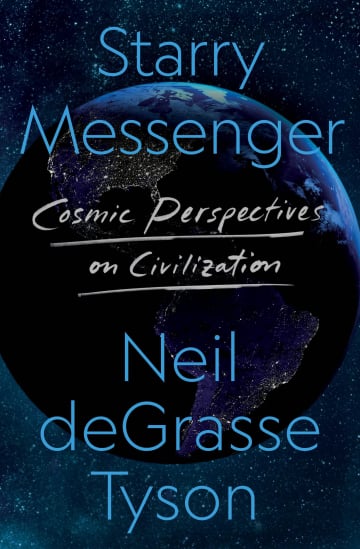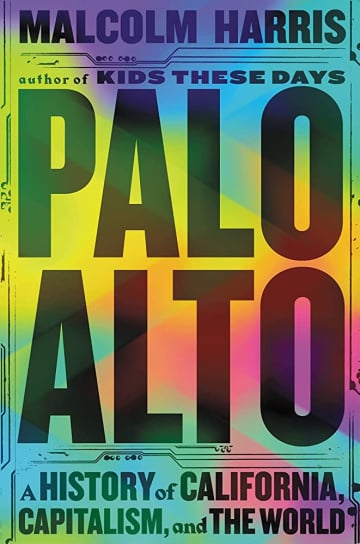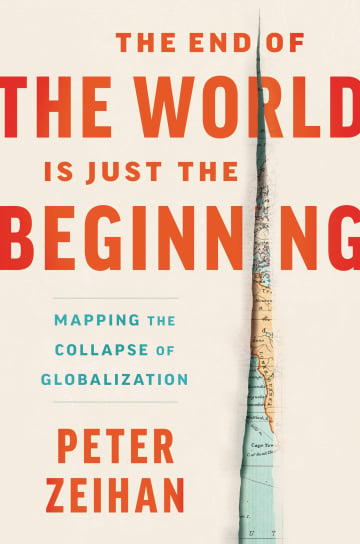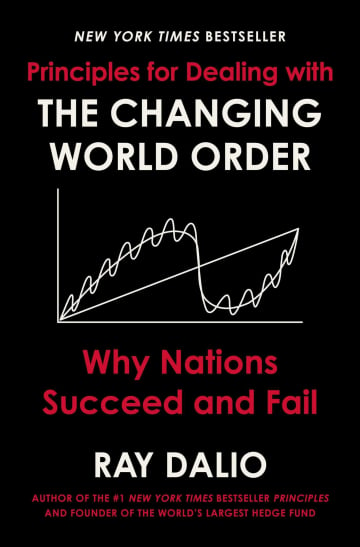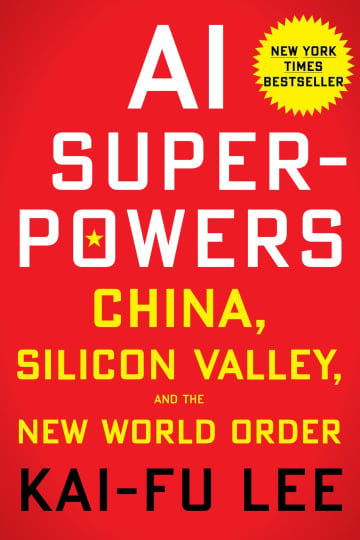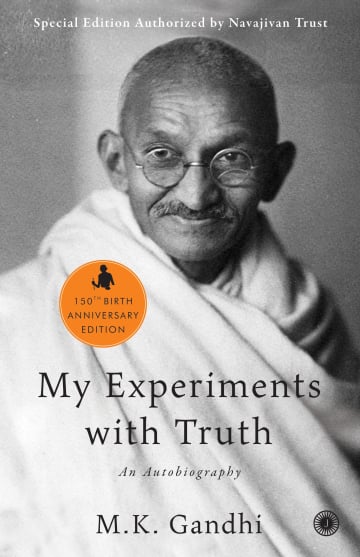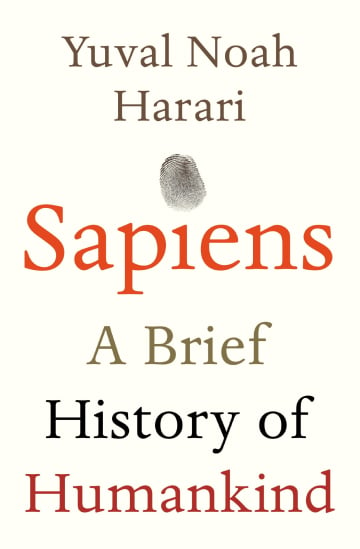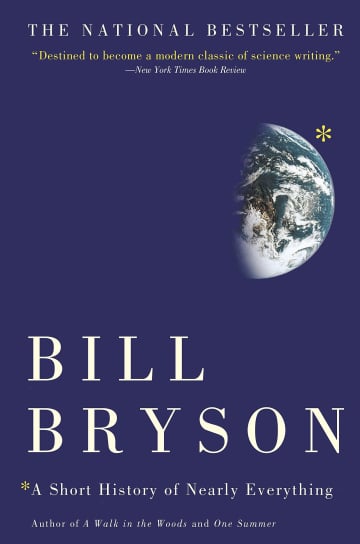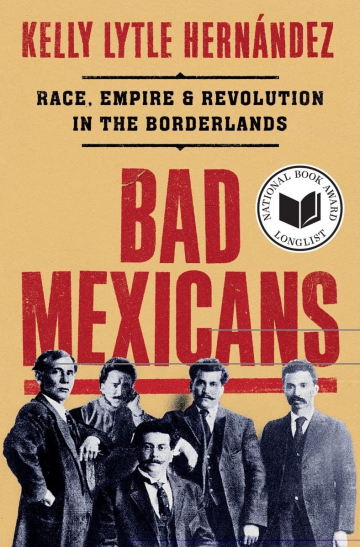
Bad Mexicans: Race, Empire, and Revolution in the Borderlands
⚡️ 9 Quotes from the book
“Díaz used foreign capital to industrialize the Mexican economy, often with little regard for the rights and wellbeing of Mexico’s poorest citizens.”
“Ricardo Flores Magón and the magonistas, however, were a threat, because they sought a wholesale political and economic revolution.”
“During his more than three-decade rule, a period known as the Porfiriato, Díaz successfully brought what he called “order and progress” to Mexico. But it came at a cost.”
“Regularly arrested, migrants spent many days in the Belem deathtrap. Neither the facility nor the neighborhood had a sewer system and the swampy land had poor drainage. Under these conditions, typhus, influenza, and cholera outbreaks were mundane.”
“After the Mexican–American War ended in 1848, white settlers expected easy access to the lands long occupied by Mexicans and Indigenous peoples. But Indigenous communities refused to disappear.”
“For many Mexicans, Díaz’s rule had always been a devil’s bargain. After Mexico’s chaotic nineteenth century, they traded democracy for “order and progress.” But they never traded their sovereignty.”
“The Immigration Service constructed the first ever border fence to hold back the surge of refugees. It didn’t work. More than one million Mexicans entered the United States during the revolution, establishing a wide foundation for future generations of Mexican Americans.”
“The men and women who built the PLM were ordinary people: migrants, exiles, and citizens; farmworkers, sharecroppers, miners, and intellectuals. Most of all, they were rebels.”
“Ricardo Flores Magón and the magonistas altered the course of history, defining the world in which we live by defying the world in which they lived.”
Related videos
4 Minute Summary
This historical and cinematic gem by Kelly Lytle Hernández offers a fresh look at an aspect of the Mexican Revolution that’s often ignored or confined to the borders of Mexico. That is, the book explores how the Mexican Revolution, typically discussed within the context of Latin American history, significantly influenced the United States. The narrative centers on the Flores Magón brothers, who led a grassroots resistance against dictator Porfirio Díaz's regime, which had encouraged U.S. investment at the expense of plundering Mexico's most marginalized citizens. The brothers, whose family had suffered financially under Díaz's policies, organized a movement that Díaz dismissed as "malos mexicanos" (bad Mexicans), this over 100 years before Donald Trump’s “bad hombres.”
The magonistas established headquarters in various U.S. cities such as San Antonio and Los Angeles. They were driven partly by the mistreatment of Mexicans in the U.S., including racially motivated violence against immigrant laborers. The U.S. government's support for Díaz included hiring spies to infiltrate the magonista movement, further entangling the two nations' histories. The author presents a detailed account of the magonistas' role in the Mexican Revolution and the conspiratorial involvement of the U.S. government in supporting the corrupt Mexican dictator, and she does so with great style.
Lytle Hernández's work uncovers the centrality of Mexicans to the U.S. story, emphasizing themes of imperialism, racial violence, and political suppression, and showing how the racism of the time shapes American racism to this day. The book demonstrates that the revolution's effects extended beyond the borderlands, influencing Mexican-American relations and setting the stage for modern interactions between the two countries.
By combining rigorous research with accessible and riveting prose, Lytle Hernández transforms a potentially dry and dense academic subject into a highly engaging narrative. She meticulously develops each character, offering an in-depth character sketch of Porfirio Diaz as a child, for example, and contextualizes historical events. The result is a rich understanding of the era's complexities and the diverse voices that shaped the revolution. Her vivid storytelling makes Bad Mexicans a valuable contribution to the understanding of Mexican-American history, in addition to being a great read and a definite page-turner.
Publications
The New York Times: Histories of Hoover, the Mexican Revolution and 1790s New York Win Bancroft Prize
Los Angeles Review of Books: The Bad Mexicans of the Mexican Revolution
Star Tribune: A fascinating look at a group of activists whose work changed Mexico — and the U.S.
Ask Albert:
Rate the book
⚡️ Discover Even More Bookish Wisdom
recommends
recommends




